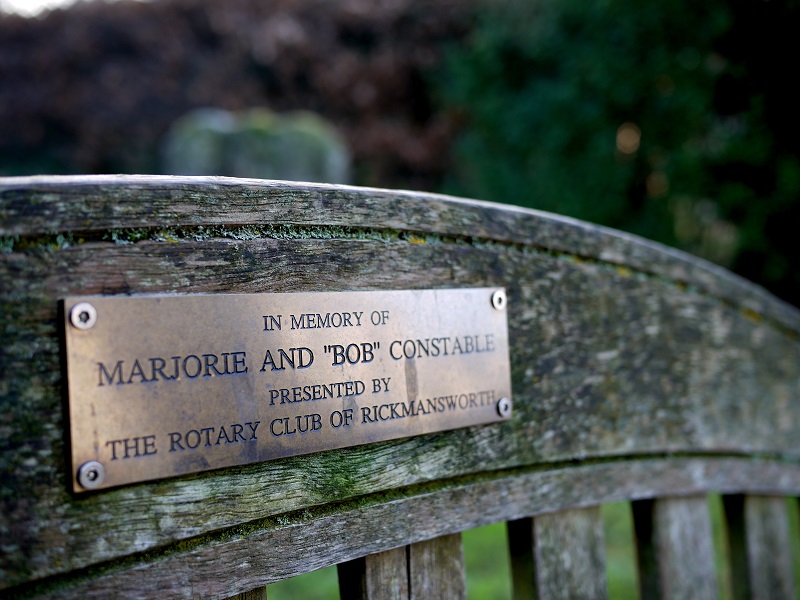Trevor Hayley
Funeral and Life Memorial Celebrant
A Caring Presence for you and your family so you can Celebrate a Life
Servicing Greater Adelaide, Fleurieu, South Coast and Adelaide Hills Regions of South Australia
Death – do we need to call it for what it is?

Because of death, we appreciate life #1
I can remember one day, when I worked for a funeral director, preparing the coffin name plate for an up and coming funeral. I put the person’s full name, and then followed this up with ‘Died 14/05/2016.’ I took a step back, and suddenly realised what was there, the word ‘died.’ It seemed so final, so absolute. I asked my boss, in my naivety, at the time, whether there was a softer way of saying it. Maybe something like ‘passed away’ may be better. He smiled and simply said “but that is what has happened.” I still thought at the time, it was still quite abrupt, but with the benefit of hindsight, I now understand what he was getting at.
As humans, then fact that life has an end is not something that we like talking about, which is quite understandable. But the fact that there is an end, is with us constantly, because as humans we have an all-encompassing will to survive, thus putting death just a little in the distance. But a question. People study weeks for a birth. Why not study for a death. What does it all mean? It gets us to re-evaluate life.
When there is a death we try to soften the news somewhat. The words ‘passing away’ are often used; it is easier to say this than ‘died.’ In fact there are also some humorous words that have been used as well; passing away, snuffing it, starting a worm farm, staring at the lid, meeting your maker, kicking the bucket, croaking, giving up the ghost, dropping off, pushing up daisies, cashing in your chips, going to the happy hunting ground, going to God, bowing out, shuffling off, taking the final journey. Any words than ‘died’ or dead.’
Maybe the words ‘died’ or ‘dead’ or even ‘killed’ need to be used, particularly with those who are the closest to the deceased. Maybe people need to hear that life has now forever changed, the physical presence is no more. Maybe the brain needs to be ‘confronted’ with news that cannot possibly be true, and to hear the word ‘died.’ There is no softening of the blow this news will bring; there just isn’t. Death is final; there is no getting over this fact.
I feel for police, who are the ones who will often deliver the news when there has been a tragic death. There is an interesting article of some experiences. Read the article here. There is a great quote in this article “When they get a knock on the door, it’s not ‘Good afternoon ma’am. Your 18-year-old son just had a massive heart attack’. It’s ‘Can we sit down? Your son has been involved in a very serious crash. I’m so sorry. He’s died'” It seems so matter of fact, but realistically there is probably no better way to say it, for the family, or the police officer. Doctors and medical staff will often do the same.
There are many words we use, so why is it when confronted with someone who has faced a loss of someone close, that we do not know what to say. Could it be that the finality of death is just too uncomfortable? It forces us to think in places we just don’t want to go. But to go back to my original question; people study weeks for a birth, why not study for a death? Maybe the word ‘study’ may not be quite the right word, but our desperate need for survival, is intrinsically tied to the fact that at some point our life will end. This will lead to us trying to make the best of it while we are here. Maybe we should not be so scared of the ‘died’ word; maybe sometimes, it is the word that needs to be used.
The commentary in this blog is intended to be general in nature. It is just some observations from one fellow traveller in life to another. If anything in this blog raises issues for you, please call Lifeline on 13 11 14 or consult with a trusted medical professional.
Photo by Brett Jordan on Unsplash
Follow…
Contact
Trevor Hayley
Servicing Greater Adelaide and Regional South Australia
Phone: 0409 107 372
Email: memorials@trevorhayley.com.au
ABN 73 737 609 724
If you like to keep informed of my latest news, please subscribe to my monthly email newsletter, by clicking the link below.
